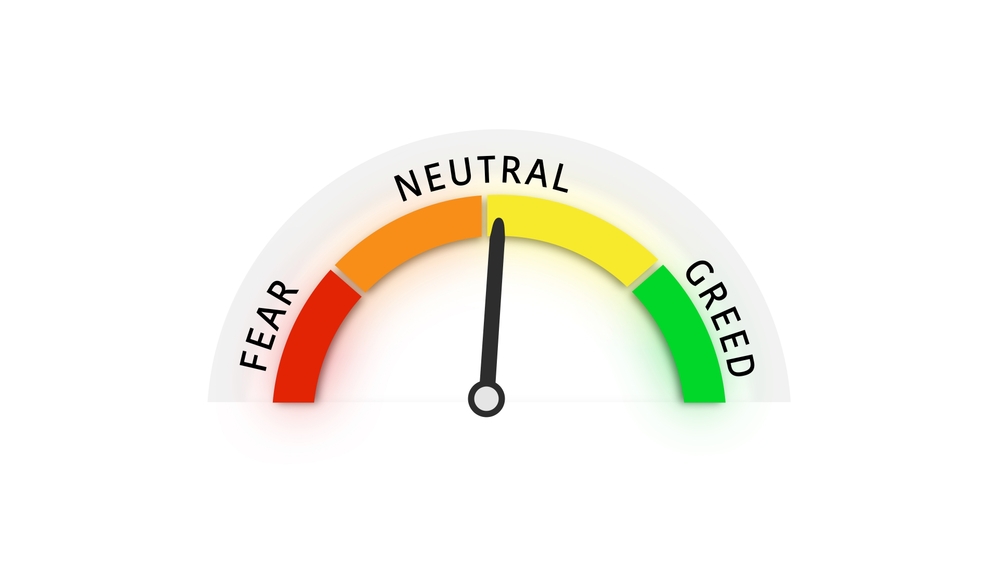Introduction
The complex relationship between investing and human emotions is an indisputable fact in the fascinating world of finance, where analytics and numbers frequently take center stage. The ebb and flow of financial markets creates an enthralling emotional rollercoaster that can affect even the most seasoned investors, beyond the spreadsheets and market charts. This blog post explores the intricate and often-ignored field of investment psychology. Here, we reveal the profound influence of feelings on judgment, the nuanced factors influencing market patterns, and the long-term effects on achieving financial success. We seek to shed light on the subtle elements that characterize the investor’s journey through this dynamic interplay between logical reasoning and emotional reaction, exposing the psychological undercurrents that influence the course of wealth creation and preservation. Welcome to the fascinating and complicated world of numbers and emotions, where financial strategy and human psychology are explored through the lens of artful investing.
- The two titans of market sentiment, fear and greed
Fear and greed are two powerful emotions that shape market dynamics. During market downturns, fear drives investors to sell in a panic, while during bull markets, greed drives buying frenzy. It is essential to identify these feelings and control their influence if you want to keep your investing strategy in check.

- The Effect of Anchoring
When investors become fixated on particular prices, usually the asset’s purchase price, this is known as anchoring. Decisions made by investors may be impacted by this obsession, leading them to hold onto underperforming assets longer than necessary or to pass up chances to sell them for a profit.
- Developing Emotional Hardiness
Gaining emotional toughness is essential for enduring the highs and lows of investing. This entails keeping an eye on the big picture, concentrating on the principles of investing, and refraining from acting on the spur of the moment in response to transient market swings.
- Getting Rid of Loss Aversion
Making poor decisions can result from loss aversion, which is the propensity to fear losses more than we value gains. Risking more losses, investors might cling to losing positions in the hopes of a recovery. Making logical decisions in light of the state of the market requires acknowledging and reducing loss aversion.
- Mass Mindset
The propensity to follow the herd, or the herd mentality, can result in illogical market behavior. Instead of doing their own research, investors might make a purchase or sell based on what other people are doing. Making autonomous, well-informed decisions and avoiding the traps of groupthink require an understanding of the effects of herd mentality.
- Anger Reduction
An investor’s fear of making a poor choice can immobilize them. Missed opportunities can result from regret aversion, as investors choose the seeming safety of doing nothing. To overcome this fear, one must acknowledge that mistakes will be made and learn from past mistakes as well as successes.
- Verification Bias
A phenomenon known as confirmation bias occurs when investors look for information that supports their preexisting ideas and opinions. This propensity can result in the omission of important information and the making of decisions based more on assumptions than a thorough examination of the market.
- Making Use of Systematic Investment Techniques
Emotional decision-making can be lessened by putting systematic investing techniques such as dollar-cost averaging or rebalancing into practice. Through offering an organized method of investing, these techniques lessen the need for irrational reactions to fluctuations in the market.
- Emotions in the Market Are Cyclical
In bull markets, emotions in the market shift from optimism to euphoria, and in bear markets, they go from pessimism to despair. Knowing these cycles can make investing decisions more intelligent, whether it’s taking profits in a bull market or finding opportunities to buy in a bear one.
- Looking for Expert Advice
Speaking with professionals or financial advisors can provide investors with a helpful outside viewpoint and aid in overcoming emotional biases. Advisors can offer perspective, direction, and a methodical approach to investing decisions, particularly in times of increased market turbulence.

Conclusion
In summary, the psychology of investing is shaped by the complex interplay of emotions, biases, and market forces, and it plays a critical role in achieving financial success. It is not a sign of weakness to acknowledge and comprehend the emotional components of decision-making; rather, it is an essential first step toward resilience and success as an investor. Although fear, greed, and cognitive biases are constant obstacles to overcome, awareness allows one to create techniques for effectively managing these feelings.
Understanding the psychology of investing is just as important in the volatile world of financial markets as understanding financial statements and market trends. It is the cornerstone that enables investors to prosper in the face of the constantly shifting investment landscape in addition to assisting them in navigating the emotional rollercoaster. Investors who possess both analytical and emotional intelligence are better equipped to handle the intricacies of the market and make well-informed decisions that are also guided by a profound comprehension of human psychology. In the end, in a volatile and dynamic financial world, the psychology of investing holds the key to long-term financial success.
